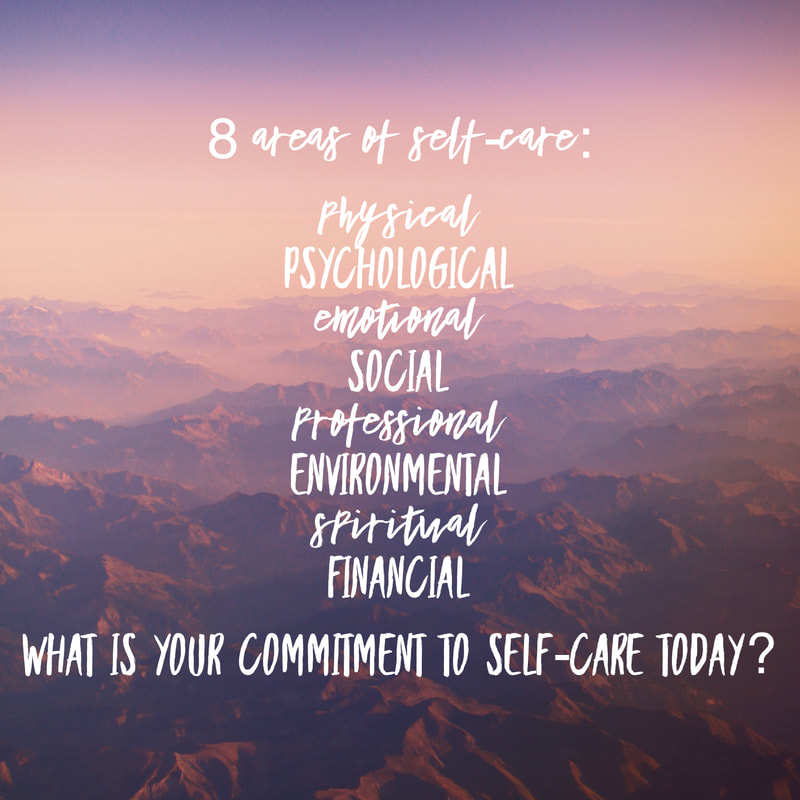5 ways to spring clean with mental wellness in mind
|
AuthorKrysta Oehm, the founder of Mind Matters. Archives
April 2023
Categories |

Mind Matters is a private practice dedicated to providing the best mental health, counseling, and wellness services to those in Lincoln and its surrounding communities.
[email protected] (402) 327-1695 Proudly part of the Blue Cross Blue Shield network No Surprises Act You have the right to receive a Good Faith Estimate of what your services may cost. Notice of Privacy Practices |
Hours
Varies by Provider
Appointment Required. Call, email or text to schedule. |
LocationLocated in Lincoln's Haymarket District:
700 R Street Lincoln, NE 68501 on the 3rd floor of the main Post Office building downtown, right next to Pinnacle Bank Arena. Clients park for free directly in front of the office. View Parking Map. *Telehealth available! Make an Appointment |
Mind Matters Privacy Policy.
© Copyright 2019 Mind Matters. All Rights Reserved.
Site managed by Market the Metro.
© Copyright 2019 Mind Matters. All Rights Reserved.
Site managed by Market the Metro.


 RSS Feed
RSS Feed
